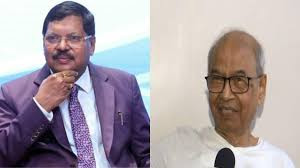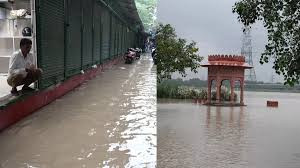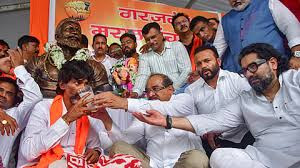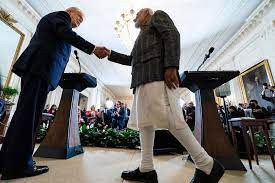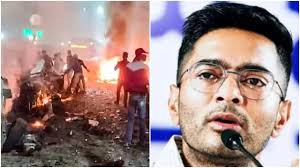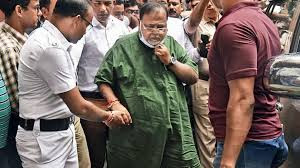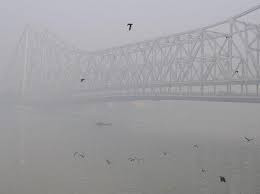MHA and IB Admit Intelligence Failure in Pahalgam Terror Attack During All-Party Meet
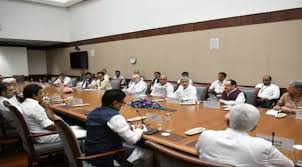
The high-level all-party meeting convened in the wake of the devastating terror attack in Pahalgam, top officials from the Ministry of Home Affairs (MHA) and the Intelligence Bureau (IB) admitted to a critical lapse in intelligence assessment and coordination. The meeting, attended by leaders across political parties, was marked by the revelation that despite receiving inputs indicating potential threats, the central security agencies failed to anticipate the scale and timing of the attack, which claimed the lives of multiple civilians and security personnel.
According to sources present at the meeting, MHA and IB officials acknowledged that certain intelligence inputs were available, but were either not acted upon swiftly or lacked sufficient specificity. This admission has led to intense political debate, as opposition leaders demanded accountability and a thorough review of the national security infrastructure. Several parties questioned how such a serious threat could pass through multiple layers of intelligence agencies without triggering preventive measures.
The Pahalgam attack, which occurred on April 22, 2025, targeted a convoy carrying civilians and paramilitary forces. The audacity of the attack and its timing during a period of heightened sensitivity in Jammu and Kashmir caught the security establishment off guard. In the all-party meeting, Home Minister Amit Shah reportedly expressed regret over the loss of lives and emphasized that the government is committed to taking corrective measures to strengthen national security.
The Intelligence Bureau came under particular scrutiny for failing to coordinate effectively with state police and local intelligence units. Questions were raised about whether intelligence alerts were shared in a timely manner and if standard operating procedures for threat escalation were followed. MHA officials, while accepting responsibility, stated that new protocols are being devised to ensure tighter coordination and faster response times in future.
As part of the post-incident response, the Centre has also ordered a multi-agency review of all intelligence sharing systems. This includes improving inter-agency communication, integrating real-time threat analysis platforms, and enhancing the technical capabilities of both central and state-level agencies. A key focus area will be to eliminate bureaucratic delays in passing critical information down to field-level operatives.
The government has also promised to provide enhanced compensation and support to the families of the victims. While the Centre has already announced ex-gratia payments, discussions are ongoing about long-term support, employment assistance, and psychological aid for the bereaved families.
Political reactions to the MHA-IB admission have been mixed. While some parties appreciated the rare moment of candour and called for collective action against terrorism, others used the opportunity to criticize what they described as a "pattern of negligence" in recent security breaches. In response, the government emphasized the need to rise above politics and work together to prevent future tragedies.
The Pahalgam terror attack has thus not only exposed a security gap but also initiated a much-needed introspection on India’s internal security architecture. The central government has vowed to act swiftly on all recommendations arising from the review process and to ensure that the sacrifice of the victims leads to tangible changes in the way threats are monitored and mitigated.
You might also like!





